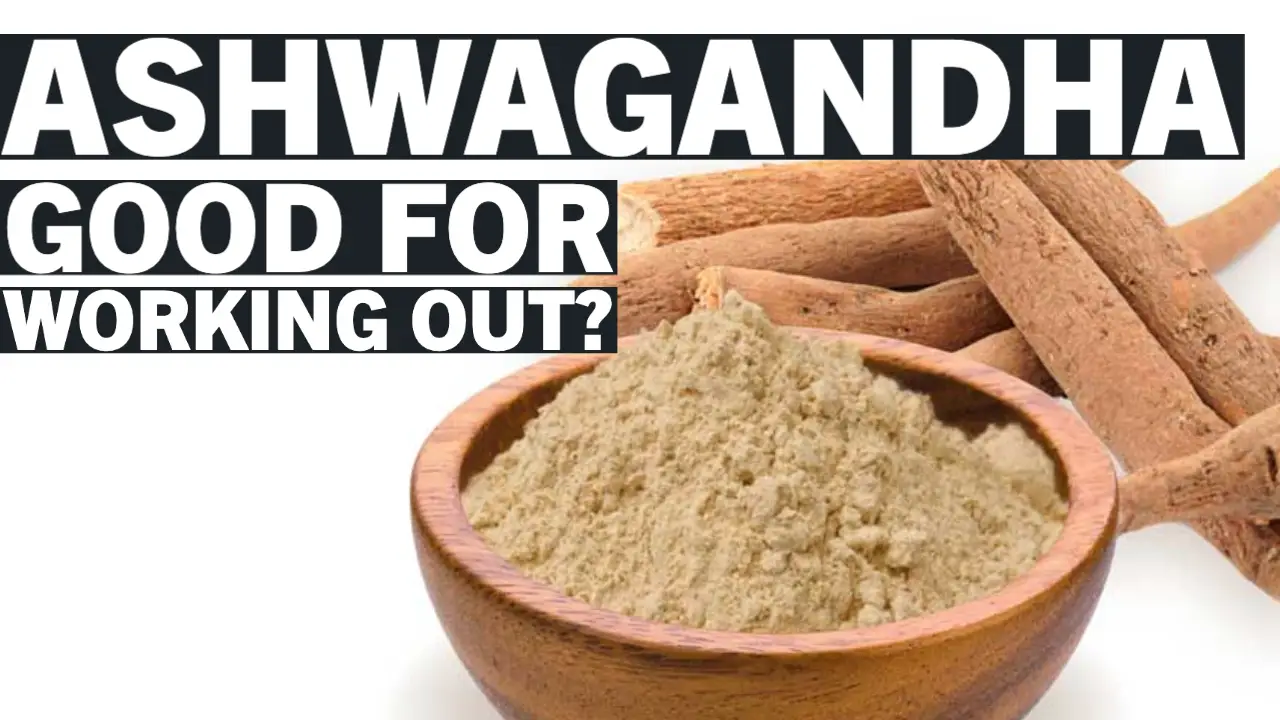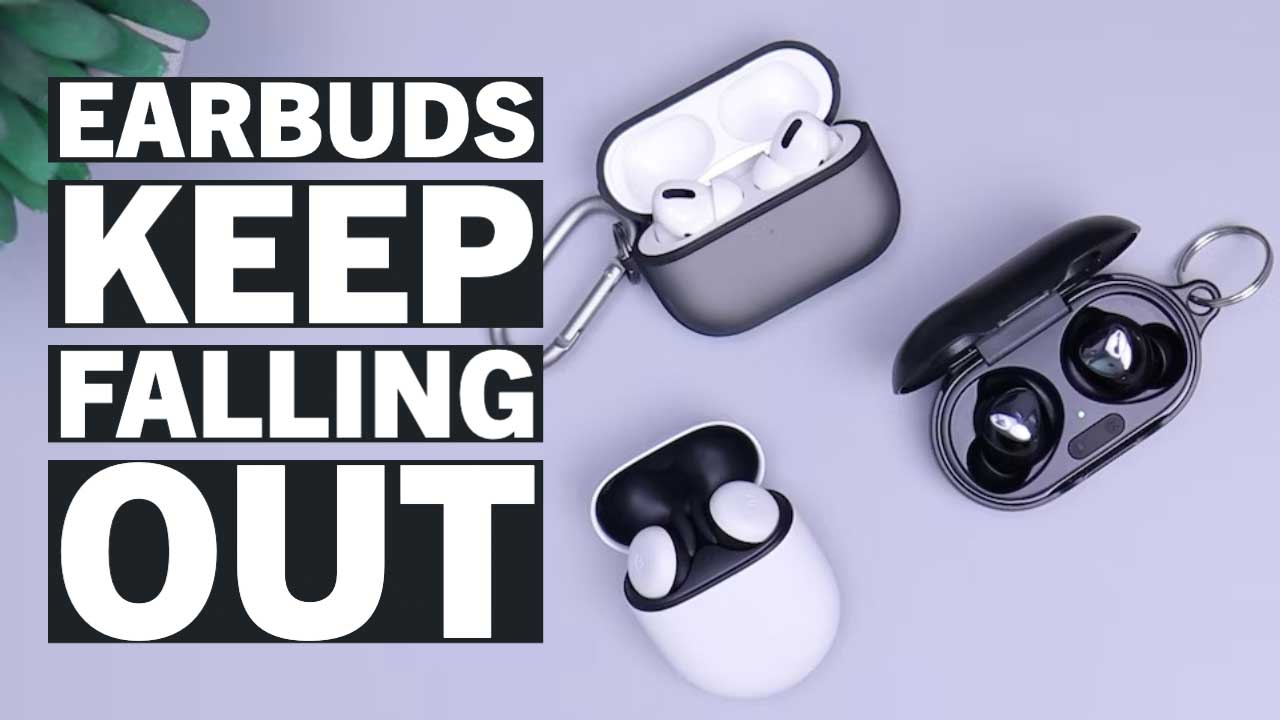Food for Sore Muscles – Can You Recover Without Expensive Supplements?

ListedFit is reader-supported. When you buy through links on our site, we may earn a small commission.
Your muscles have just taken a beating in the gym. The pain is already kicking in, and you are wondering if you should opt for those expensive supps or grin and bear the pain.
Luckily, you don’t have to do either. If your muscles are sore, eating the right foods can make recovery faster and easier.
Table of Contents
- Why Do Your Muscles Get Sore After a Workout?
- Your Body Needs Replenishment
- 7 Foods That Ease Muscle Soreness Naturally
- You Can Eat Your Way Out of Muscle Soreness
Why Do Your Muscles Get Sore After a Workout?
When you work out, microscopic tears develop in the muscle tissue. It is these tears that make your muscles grow bigger.
During your workout, you are damaging the muscle and connective tissue. The soreness will equally correlate with the amount of pressure you place your muscles under.
To heal the microscopic tears in your muscles and connective tissues, the body starts an inflammatory response to aid in healing. Inflammation, unfortunately, increases your pain.
If you do not take the time to recover and give your muscles the nutrients they need, you could become injured. While many people reach for a bottle of supplements to get relief.
It turns out all you need to do is eat nutrient-rich foods, like the ones I will outline below.
Your Body Needs Replenishment
When you go through a tough workout, your body becomes depleted of the nutrients it needs. While it can be tempting to try to supplement with vitamins, fresh foods offer a better approach.
The following are some of the things you need to replenish after an intense workout so you can recover faster and more effectively.
Replenish Your Carbohydrates
During a workout, your body burns through your carbohydrate stores for energy. One of your goals should be to replenish your glycogen reserves by consuming healthy carbs.
Replenish Your Protein
After a workout, you are going to need to replenish your protein levels so you can repair and build new muscle fibers. Combine carbohydrates and protein for the best results.
Replenish Your Electrolytes and Fluids
When you work out aggressively, sweating depletes your fluid levels, resulting in lowered electrolytes. Drink plenty of water, and make sure to replace sodium, which is the most important electrolyte.
7 Foods That Ease Muscle Soreness Naturally
You cannot always avoid muscle soreness after a workout, but there are ways you can combat it naturally.
Eating the right foods will give your muscles the nutrients they need for recovery. Eating these seven foods will help ease muscle soreness naturally.
1. Tart Cherry Juice
Exercise induces inflammation, oxidative stress, and cellular damage. Antioxidant-rich foods, such as tart cherries, mitigate the inflammatory response and can bring relief from muscle soreness.
Tart cherry juice is full of plant compounds called anthocyanins. The anthocyanins in tart cherry juice reduce soreness and inflammation and can help with DOMS.
2. Watermelon
Most everyone on the planet loves the sweet, refreshing taste of watermelon. Many people do not realize eating watermelon or drinking juice can aid in muscle recovery.
This fruit is high in the special amino acid, L-citrulline. Amino acids provide the building blocks for proteins and have antioxidant benefits that help with the production of nitric oxide.
3. Fatty Fish
Fatty fish is something you need to include in your diet post-workout. Sardines, salmon, and trout are all highly beneficial fatty fish.
Fatty fish is a rich source of omega-3 fats, which helps to reduce DOMS. The protein found in fatty fish facilitates muscle repair and growth.
4. Beet Juice

If you love the earthy taste and aroma of beets, this muscle soreness remedy will entice you. Beets are full of nitrates that send oxygen to your muscles and make the mitochondria work more effectively.
The pigments in beets prevent oxidative damage and reduce inflammation.
Also, the betalains and nitrates found in beet juice can help you recover from muscle soreness within 24 to 48 hours.
5. Eggs
Eggs are one of the most nutrient-dense foods on the planet. After all, they give a baby chick everything it needs to grow while inside.
While some people opt for eating only egg whites, it turns out that consuming the entire egg is better for muscle soreness and recovery.
Eggs provide protein, selenium, zinc, palmitate, fatty acids, and vitamin A. These help increase muscle protein synthesis and stop soreness.
6. Dairy
If you have ever seen guys at the gym drinking milk after an intense workout, you may have wondered why.
Drinking milk or eating cottage cheese or yogurt are good choices for muscle recovery.
Your body needs milk to make new muscle tissue. Milk products also contain carbs that help replenish your body’s glycogen stores.
Milk offers ample sodium that helps replenish your electrolytes.
7. Starchy Veggies
We have already talked about the depletion of glycogen after an intense workout. Glycogen is your body’s energy storehouse.
Starchy veggies, such as sweet potatoes and butternut squash, help your body replenish its glycogen storage.
You Can Eat Your Way Out of Muscle Soreness
If you are quick to reach for supplements after a workout, you need to know they may not be necessary. Eating nutrient-dense foods is actually a better alternative to expensive supplements.
Eating the foods above will give your body the nutrients it needs for muscle recovery, so your muscle soreness improves.
In addition to eating the foods above, you also need to make sure you get plenty of sleep and use ice and massage therapy.
By skipping the supplements and reaching for the right foods, you can recover much faster and in a healthier way.
Author
Latest entries
 FitnessAugust 19, 2023Yohimbe vs Yohimbine: A Quick Comparison Guide
FitnessAugust 19, 2023Yohimbe vs Yohimbine: A Quick Comparison Guide AshwagandhaJune 16, 2023Is Ashwagandha Good for Working Out? Key Benefits Explored
AshwagandhaJune 16, 2023Is Ashwagandha Good for Working Out? Key Benefits Explored Sports HeadphonesMay 25, 2023Why Your EarBuds Keep Falling Out – Quick and Easy Solutions
Sports HeadphonesMay 25, 2023Why Your EarBuds Keep Falling Out – Quick and Easy Solutions Nike ShoesMay 12, 2023Do Nikes Run Big or Small? Decoding the Perfect Fit
Nike ShoesMay 12, 2023Do Nikes Run Big or Small? Decoding the Perfect Fit
Affiliates:
This post may contain affiliate links that at no additional cost to you, the site may earn a small commission. We only recommend products we would use ourselves and all opinions expressed on this site are our own.
General Advice:
The information provided in this article is for general informational purposes only. It is not intended as a substitute for professional advice. Always consult with a qualified healthcare professional before starting any new diet, exercise program, or making changes to your health routine.
Accuracy Advice:
While we strive to provide up-to-date and accurate information, the content in this article may not reflect the most current research or medical guidelines. We encourage readers to do further research and consult with professionals for more personalized advice.
Our Recommendations:
The products and services mentioned in any of our articles are recommended based on our independent research and personal experience. We are not sponsored by any company. We aim to suggest products and services we believe are of high quality and could be beneficial to our readers.






